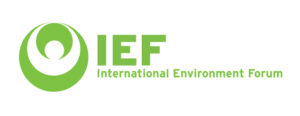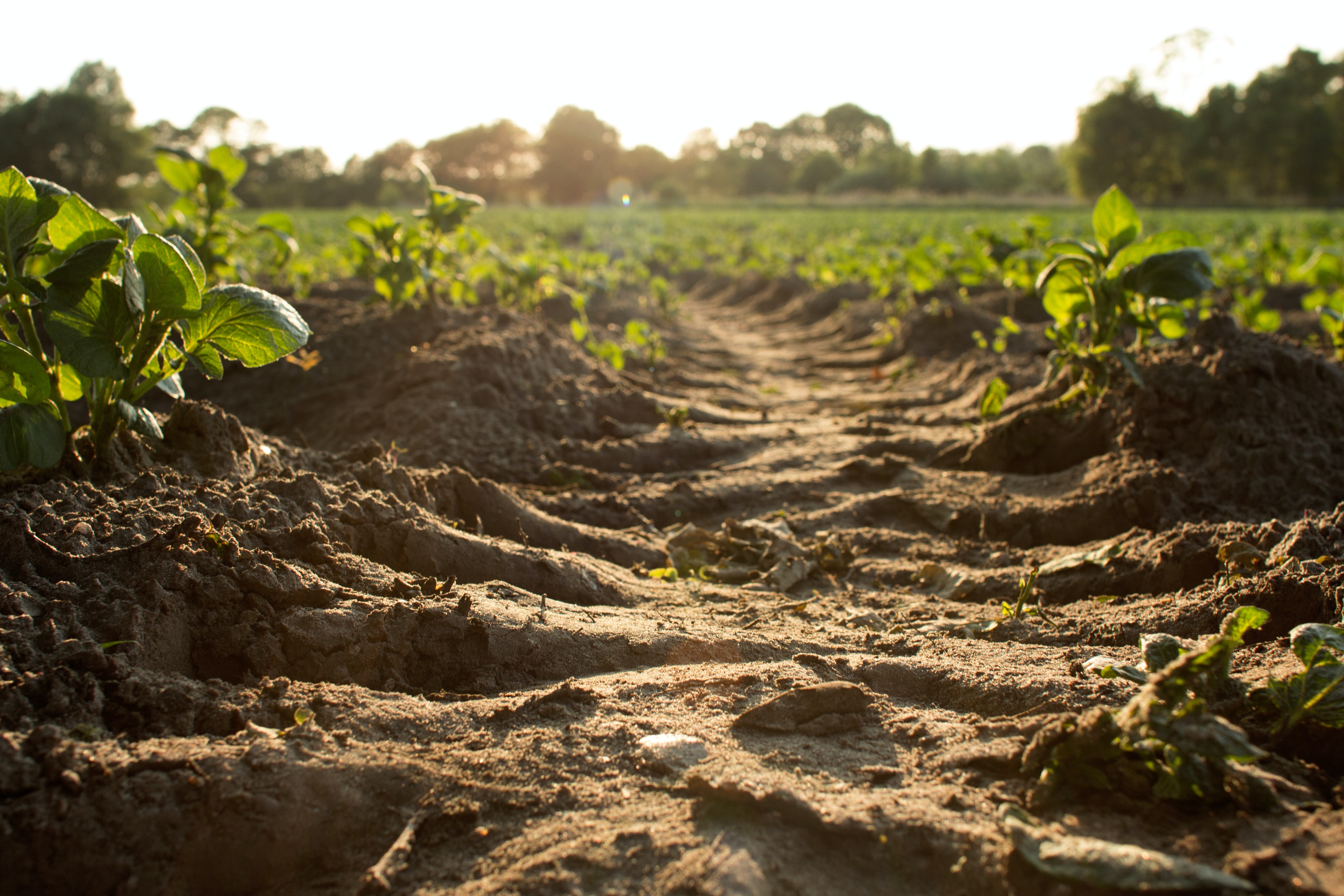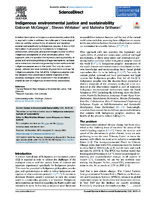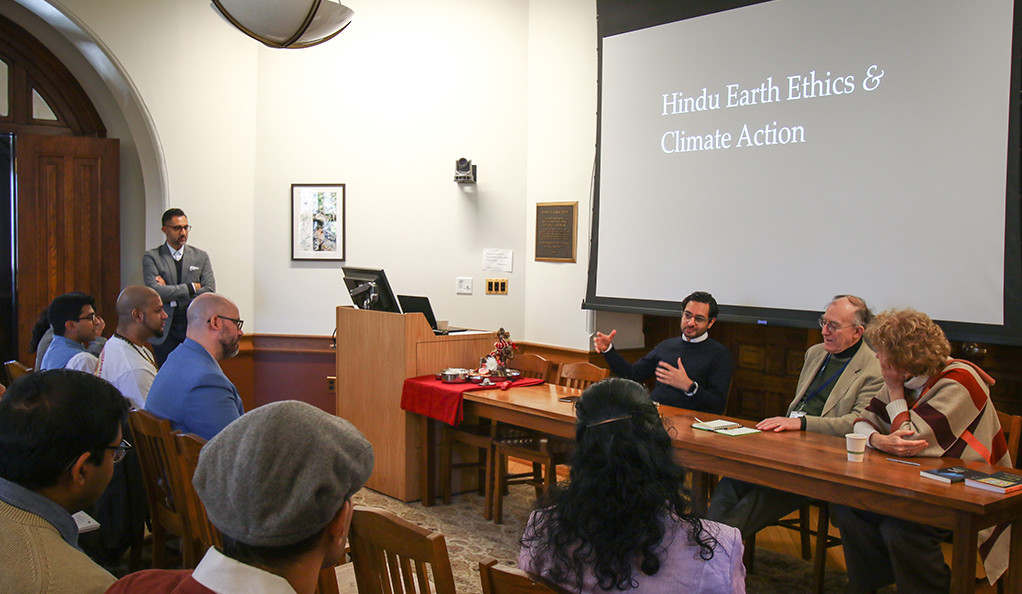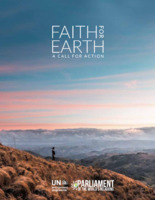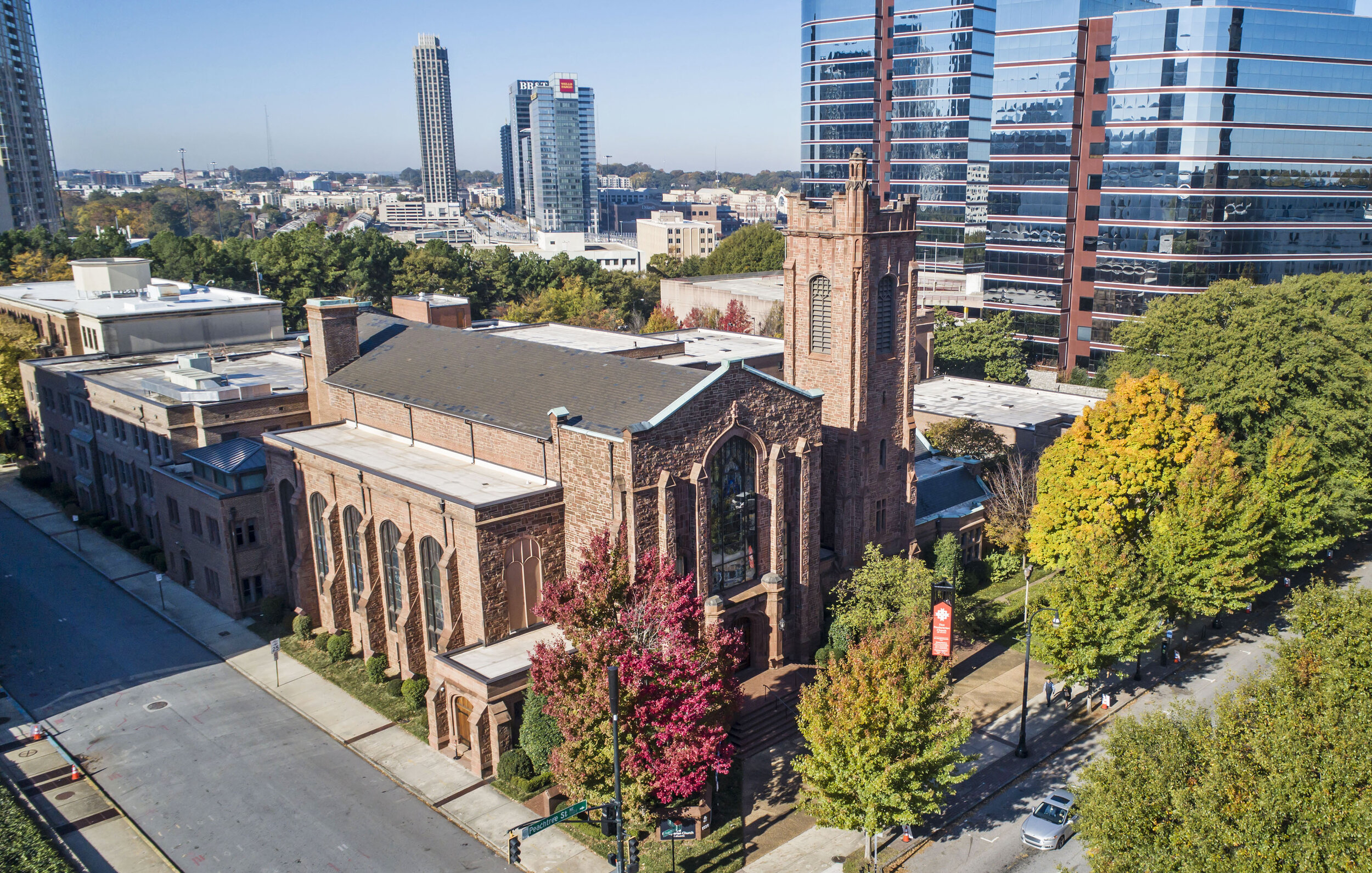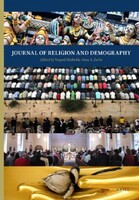Search
257 items
-
The Story of Stuff (Documentary)
The Story of Stuff is a short animated documentary about the lifecycle of material goods. The documentary is critical of excessive consumerism and promotes sustainability.
Filmmaker Annie Leonard wrote and narrated the film, which was funded by Tides Foundation, Funders Workgroup for Sustainable Production and Consumption, Free Range Studios and other foundations. Free Range Studios also produced the documentary, which was first launched online on December 4, 2007.
The documentary is used in elementary schools, arts programs, and economics classes as well as places of worship and corporate sustainability trainings. By February 2009, it had been seen in 228 countries and territories. According to the Los Angeles Times as of July 2010, the film had been translated into 15 languages and had been viewed by over 12 million people. -
Patagonia's Environmental Activism Page
From mission statements to multimedia resources to annual reports, this page displays projects essential to Patagonia's sustainability efforts as a business as well as an environmentalist community. The site can serve as an inspiration template for organizations and businesses when seeking ideas for storytelling and communications with a wider audience. -
Books on Religion and Climate Change
This list includes 37 titles (and counting) that examine climate change and our connection to the environment from multifaceted religious perspectives.
This could serve as an inspiration for anyone who's interested in learning more about the philosophy of environmentalism.
The list updates as new books are being published. -
International Environmental Forum
The International Environment Forum, as a Bahá'í-inspired professional organization for environment and sustainability, shares and upholds the principles and ideals of the Bahá'í Faith and supports its efforts to establish and promote peace, the unity of the human race, and an ever-advancing world civilization that preserves the ecological balance of the planet.
The Bahá'í Writings warn of the dangers of material civilization carried to excess, enjoin moderation, emphasize the oneness of humankind, and support ecological principles such as the interrelatedness of all things, unity in diversity, and the fundamental reality of increasing levels of cooperation, complexity and reciprocity across the vast extent of creation. The Bahá'í Faith considers the preservation of the ecological balance at all levels in the world to be of vital concern to all humanity, and urges action for the environment and sustainable development from the local to the global level in ways that are in harmony with the rhythm of life in the community. Our inner life cannot be separated from the environment around us, the two being intimately interrelated, requiring that environmental and sustainable development issues also be addressed at the level of fundamental ethical and moral values and principles. -
A Bahá'í Compilation on Soil and Earth
This compilation gathers a selection of references to soil, earth and minerals in the Bahá'í Writings, including the ways these are referred to both symbolically and literally.
Contents:
Mineral Kingdom
Agriculture
Metaphorical Uses
Humility
Earth as Tomb
Rain on Soil
Fertile versus Barren
Cultivation - Divine Education -
The U.S. Baha'i Office of Public Affairs
The Office of Public Affairs for the Baha’is of the United States was founded in 1985 to represent the American Baha’i community on the national stage.
Today, we collaborate with governmental and non-governmental organizations, individuals, and groups to advance thought around our focus areas, which currently comprise racial unity & justice, the environment, economic justice, human rights, the role of media in society, and gender equality & the advancement of women.
Our Office operates under the auspices of the National Spiritual Assembly of the Baha’is of the United States, the elected governing body of the American Baha’i community. -
Indigenous environmental justice and sustainability
Current Opinion in Environmental Sustainability
Volume 43, April 2020, Pages 35-40 -
Hindu Earth Ethics and Climate Action Conference at Yale
Held at Yale University in February of 2019, this conference brought together Hindu policy makers, climate activists, and other community leaders to advocate for collective action regarding climate change. The event speakers drew on Hindu teachings, such as the inherent divinity in all life forms, to persuade members of the Hindu community to make changes in their own life that can mitigate their environmental impact. The event also backed the Green New Deal as a model environmental policy plan, and called for political participation by all members to ensure the implementation of similar policies. -
Sacred Watersheds and the Fate of the Village Body Politic in Tibetan and Han Communities Under China’s Ecological Civilization
Coggins studies the spiritual ecologies of Tibetan and Han communities in the People's Republic of China. The Tibetan animism focuses on the protection of landscapes because of their relation to various deities and spirits. Han communities worked on creating fengshui forests to find balance a balance of qi in all things. -
IRI Colombia continues far-reaching communications campaign to grow awareness on the importance of tropical forests
IRI Colombia continued its communications campaign to raise awareness about its mission and expand engagement in the 36 local chapters where IRI has a presence. IRI Colombia radio spots (which will run through the end of 2021) are being broadcast seven days a week on the country’s leading radio networks and will reach over 250,000 people. Listen to the radio spots in Spanish here.
IRI Colombia has also commissioned 10 billboards in strategic locations with messages like “Forest = water and oxygen” and “Plant a tree” to increase awareness about the importance of protecting and restoring tropical forests. The 36 IRI Colombia local chapters continue implementing their 2021 action plans, which include activities such as reforesting watersheds and springs, cleaning up riverbanks, and establishing tree nurseries. -
Interfaith Rainforest Initiative (IRI) Campaign Videos
The Interfaith Rainforest Initiative (IRI) creates artistic and well-produced videos that accompany their programs on climate change education and awareness-raising in branch offices around the world.
These videos are great resources for those looking for multimedia inspirations that amplify sustainability communications efforts. -
Faith for Earth: A Call for Action
This book was first published at the beginning of the twenty-first century. A joint project of the United Nations Environment Programme and the Interfaith Partnership for the Environment, it was titled Earth and Faith: A Book of Reflection for Action. The partners printed tens of thousands of copies and gave them to schools, congregations, and communities throughout the
world. The book described the growing threats to our planet’s life support systems, the reverence all faiths share for life on Earth, and the responsibility that people have to future generations. -
Zoom Events: Greening the Bible
The goal of this short course is to read the Bible afresh: to reinterpret texts of terror (for other creatures) and to reclaim passages that show the importance and agency of nonhuman persons. It is intended as a tool for forming earth-inclusive Christians. -
ECHO Global Farm
ECHO introduces sustainable plants, climate-resilient techniques, and technologies to farmers around the world who are struggling to feed their families.
Through partnering with local NGOs, farmers, volunteers, and missionaries, ECHO is able to be efficient with their resources in providing aid where it's needed the most.
Empty bellies and empty hearts lead to pain and suffering for individuals, families, and communities across the world. ECHO believes that as active participants in the Great Commission and stewards of great agricultural knowledge, it is their duty to grow and make disciples. -
Profile: EquaSion (Equality, Spirituality, Inclusion)
EquaSion, formerly known as the Bridges of Faith Trialogue, is a non-partisan civic organization founded upon interfaith dialogue that works to develop educational and community service programming to foster greater understanding, respect, compassion, inclusion, and engagement for all people and faith communities in Greater Cincinnati and beyond. -
Sustainable Consumption Research and Action Initiative (SCORAI)
The Sustainable Consumption Research and Action Initiative (SCORAI) is a knowledge network of professionals working at the interface of material consumption, human well-being, and technological and cultural change. We aim to foster a transition beyond the currently dominant consumer society. SCORAI provides a forum for scholars and practitioners striving to understand the drivers of the consumerist economy in affluent technological societies; to formulate and analyze options for post-consumerist lifestyles, social institutions, and economic systems; and to provide the knowledge for emergent grassroots innovations, social movements, and public policies. -
The Bhumi Project Hindu Plans for Generational Change
This article outlines the Bhumi Project's nine-year plan to encourage better environmental practices among Hindu communities. This plan is broken down into three sections: Networking, Action, and Education. These sections are derived from Hindu traditions and creatively suggest how such traditions can be tailored to be more environmentally friendly. The Network section details how the plan will be dispersed throughout Hindu communities and provides incentives for those who choose to follow the plan. The Action section focuses on what can be done at the organizational and individual level to promote sustainability in Hindu communities. The Education section of the plan discusses how the Bhumi project intends to provide informative resources for communities, schools, and priests to learn about the interconnectedness of the Hindu faith and the environment. Overall, the Bhumi Project intends to inform Hindu communities about environmental issues and encourage them to adopt pro-environmental behaviors that are in line with the Hindu faith and traditions. -
Religious Affiliation and Environmental Challenges in the 21st Century
This paper researches the relationship of religion and environment in the 21st century. They do this by studying religious affiliations from all over the world, and comparing and contrasting their results to examine the impacts those affiliations have on the environment. -
Religion and the Environment in the Rhetoric of Thomas Berry and Pope Francis
This academic journal entry is based on reflections by geologian Thomas Berry and religious figure Pope Francis as they draw a connection between the environment and religion.
The article covers various perspectives to cumulatively demonstrate the need for environmental change, whether it is rooted in the Judeo-Christian belief in the biblical responsibility of man to protect the earth, or other non-religious roots of responsibility. Both figures agree that there will be consequences for not implementing better environmental practices. -
Lessons from Islamic Environmentalism: Interconnection, Structural Change, and the Limitations of Religious Environmentalism
In this article, Rosemary Hancock explores the lessons of religious environmentalism within the Islamic faith and discusses how these lessons were impacted by the coronavirus pandemic and the current environmental crisis. -
How Religion Impacts Americans' Views on Climate Change
This article discusses the findings of a survey conducted by the Pew Research Center in 2015. Surveys of Mainline Protestants, Hispanic Catholics, and Evangelicals demonstrated that views surrounding climate change vary by religious affiliation. More specifically, religious observance was also found to be correlated with specific views on climate issues. -
Climate Change Impacts on the Water Resources of American Indians and Alaska Natives in the U.S.
This article is an overview of the impacts climate change has had on tribal water resources and, consequently, on the lives of Alaskan Natives and American Indians. The articles discusses the increasing hazards of the land they live on and how changes in climate and the ecological landscape significantly affects their daily lives. -
Religious Americans Demand Climate Action
This article offers a unique perspective on the intersection of environmentalism, religion, and politics. On the one hand, the current established consensus of virtually all religious groups is that climate change is real and human-induced, with certain religious groups placing extra pressure on politicians to advance climate legislation quickly. On the other hand, politicians have interacted with important religious leaders to rouse motivation among congregations to mitigate the effects of climate change. The article also includes actions being taken by religious groups toward fighting climate change on both national and local platforms. -
Evangelical Group Releases Climate Change Report, Urges a Biblical Mandate for Action
The article discusses a new report called “Loving the Least of These: Addressing a Changing Environment” by the National Association of Evangelicals that cites a “biblical basis” for stopping climate change. The report was written to spur fellow evangelicals to rally together and address the issue. It cites the Bible, with verses about caring for creation and each other, as well as basic climate science about air pollution as its reasoning. An interview about evangelicals’ current views on the issue with Dorothy Boorse, one of the authors of the report, is included. -
The Language of Science and Faith: Straight Answers to Genuine Questions
This book discusses the links between science and faith and attempts to reconcile the two communities by demonstrating ways in which Christians can find God in scientific theories. Written by Francis Collins, a leader in the Human Genome Project, and scientist Karl Giberson, it offers a holistic view of the intersection between science and religion.




